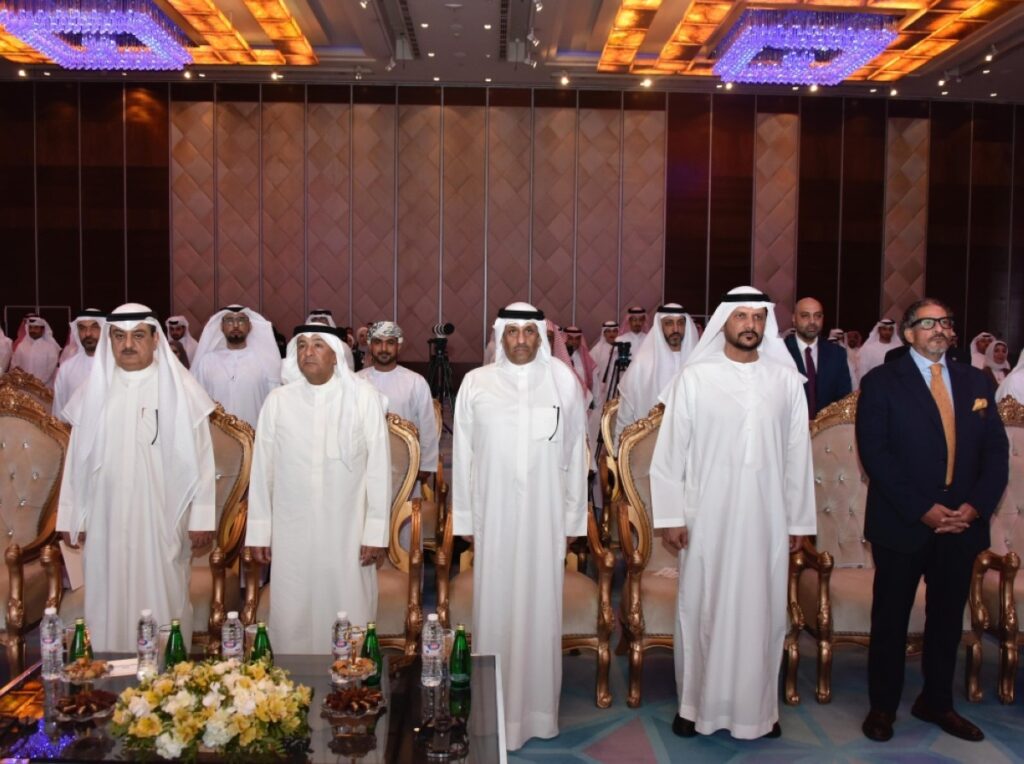KUWAIT: Kuwait has opened a four-day workshop aimed at drafting the GCC Strategy to Combat Money Laundering, bringing together senior officials, security experts, and international partners to address one of the most pressing financial crimes threatening global and regional stability. The workshop, held from September 8 to 11 and organized by the General Secretariat of the Gulf Cooperation Council (GCC) in partnership with Kuwait’s Ministry of Interior and the UN Office on Drugs and Crime (UNODC), seeks to develop a unified regional framework to curb money laundering and terrorist financing.
Commitment to global standards
In his opening remarks, Kuwait’s Undersecretary of the Ministry of Interior, Ali Mesfer Al-Adwani, emphasized that GCC states remain firmly committed to combating money laundering and terrorist financing, describing them as “serious crimes that endanger security and destabilize economies.” He highlighted Kuwait’s efforts in strengthening its legal and regulatory frameworks, enhancing the capacities of national institutions, and deepening cooperation with international organizations to ensure compliance with global standards. “Hosting this workshop reflects Kuwait’s determination to serve as a platform for dialogue and coordination among Gulf states and international partners,” he said.

Acting Undersecretary of the Ministry of Interior, Major General Ali Al-Adwani


GCC Secretary-General Jasem Mohammed Al-Budaiwi
Global threat with regional impact
GCC Secretary-General Jasem Mohammed Al-Budaiwi underscored the scale of the challenge, noting that money laundering accounts for an estimated 2–5 percent of global GDP, equivalent to between $800 billion and $2 trillion annually. “These crimes do not only undermine economies,” Al-Budaiwi warned, “they also fuel terrorism and organized crime, threatening international peace and security.” He stressed that Gulf states, given their economic weight and global connectivity, are not immune to such risks, and any weaknesses in financial systems could be exploited to channel illicit funds.
The proposed GCC strategy is built on five main pillars: strengthening legislation and security policies to close potential loopholes and ensure coordination with financial authorities; enhancing joint operations and investigations by forming Gulf task forces, conducting field operations, and activating secure channels for information sharing; harnessing technology and advanced analytics, including artificial intelligence and financial data analysis, to detect and prevent illicit activity; tracing and confiscating criminal assets linked to drugs, corruption, terrorism, and human trafficking while boosting international cooperation on asset recovery; and finally, investing in training and awareness through specialized programs for security officers and targeted awareness campaigns for sectors most vulnerable to financial crimes.
Collective responsibility
Both speakers stressed the shared responsibility of GCC governments and institutions to act as one team in protecting regional economies and societies. “The adoption of this strategy,” Al-Budaiwi said, “will reinforce Gulf security cooperation, strengthen coordination with international partners, and build a more resilient financial and security system to confront these complex crimes.” The workshop is expected to conclude with practical recommendations and an action plan to guide GCC states in their collective fight against money laundering and terrorist financing.

